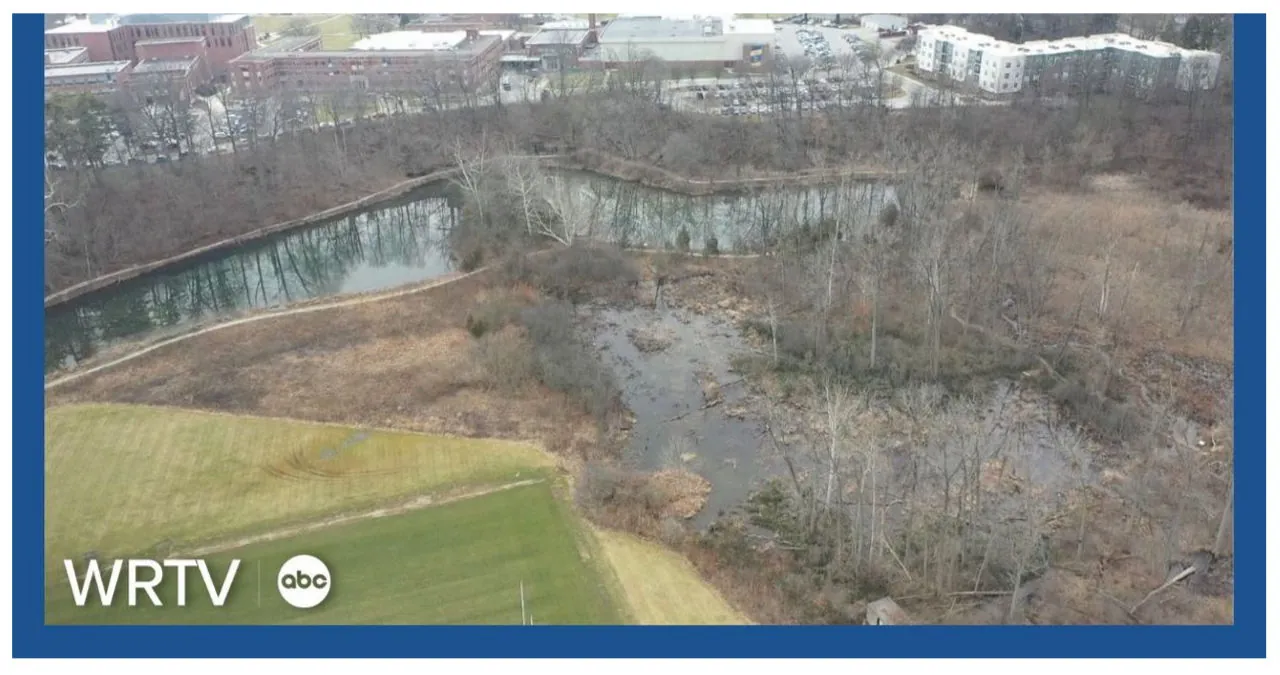A bill currently on the governor’s desk aims to permit the development of certain wetlands that were previously protected.
Wetlands have been a subject of conversation at the statehouse for several years. In 2021, the legislature reduced regulations on constructing on wetlands.
According to environmentalists, House Bill 1383 is set to further relax regulations, which is a cause for concern. They argue that this is problematic because wetlands play a crucial role in providing benefits for both people and wildlife.
According to Indra Frank, the Director of Water Policy at the Hoosier Environmental Council, stormwater retention ponds play a crucial role in reducing flooding. These ponds not only hold and store excess stormwater but also allow it to soak into the ground, replenishing our groundwater and ultimately benefiting our wells.
The current state law protects many wetlands from development and prohibits construction on these valuable ecosystems.
HB 1383 proposes the reclassification of certain Class 3 Wetlands to Class 2, resulting in reduced levels of protection. The classification of wetlands is based on the extent of human impact they have experienced.
Builders and contractors are in favor of the bill despite opposition from environmental groups. According to them, these lands should be utilized for constructing affordable housing options and warehouses in order to stimulate the economy.
According to Matt Bell, spokesperson for the Associated Builder and Contractors of Indiana Kentucky, housing and affordable housing pose significant challenges in Indiana. He believes that a more efficient and streamlined process, with fewer bureaucratic hurdles, would not only be faster but also more cost-effective.
The Associated Builders and Contractors ensure that when draining wetlands, appropriate measures are taken to relocate the water elsewhere.
“In situations where a wetland is transformed into a residential or commercial property, it is crucial to consider the need for compensation,” Bell emphasized. “For every acre of wetland that is lost during development, we must ensure the creation of one and a half acres of new wetland.”
However, according to environmentalists, this process doesn’t always yield the desired results.
According to Sam Carpenter, the Executive Director of the Hoosier Environmental Council, natural wetlands are more mature and have a greater capacity for water storage. In contrast, mitigated wetlands are often unsuccessful and prone to failure.
If those mitigation measures fail, experts warn that the consequences could be severe, which should grab the attention of all Hoosiers.
According to Brian Vigue, Fresh Water Policy Director with Audubon Great Lakes, the filling in of wetlands will result in an increased water volume that needs to be managed.
Read More:
- Missouri Senate faces a critical decision: Renew crucial taxes or risk losing billions in Medicaid funding
- Massachusetts joins eight other states in establishing new goals for electric heat pumps.

